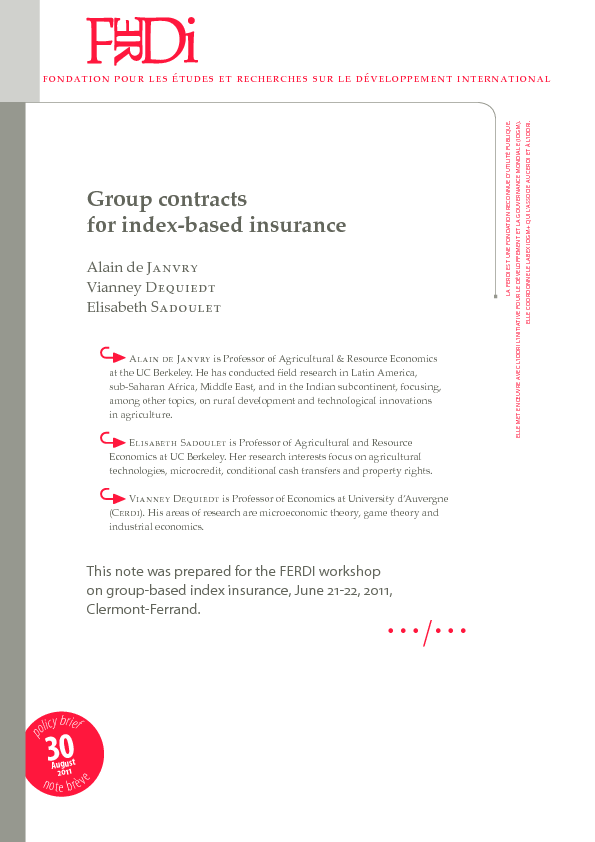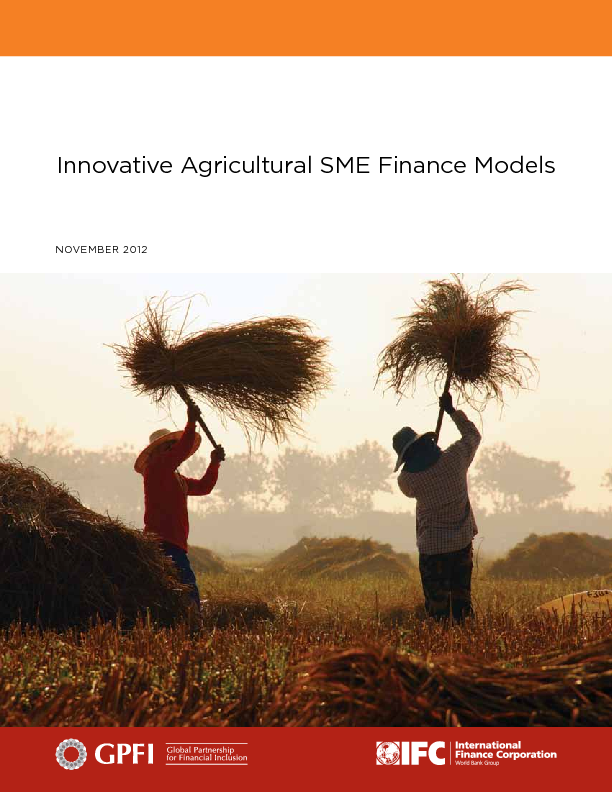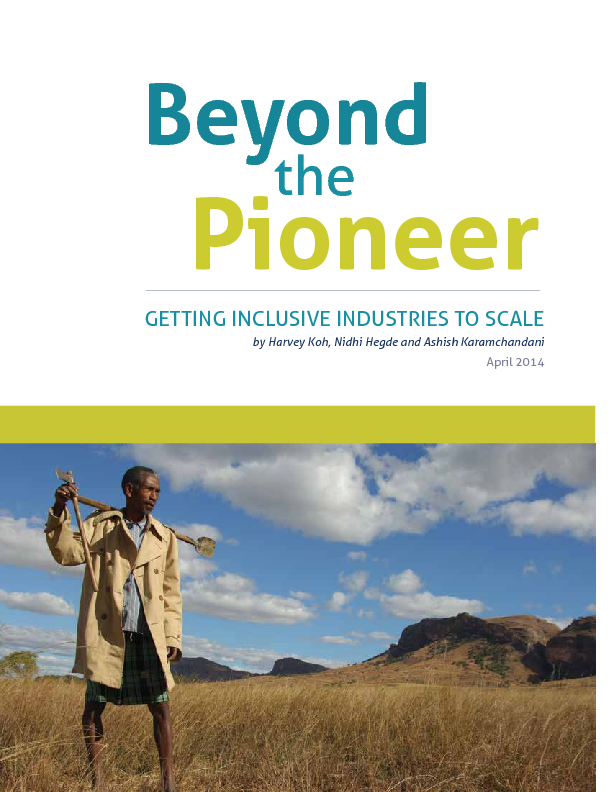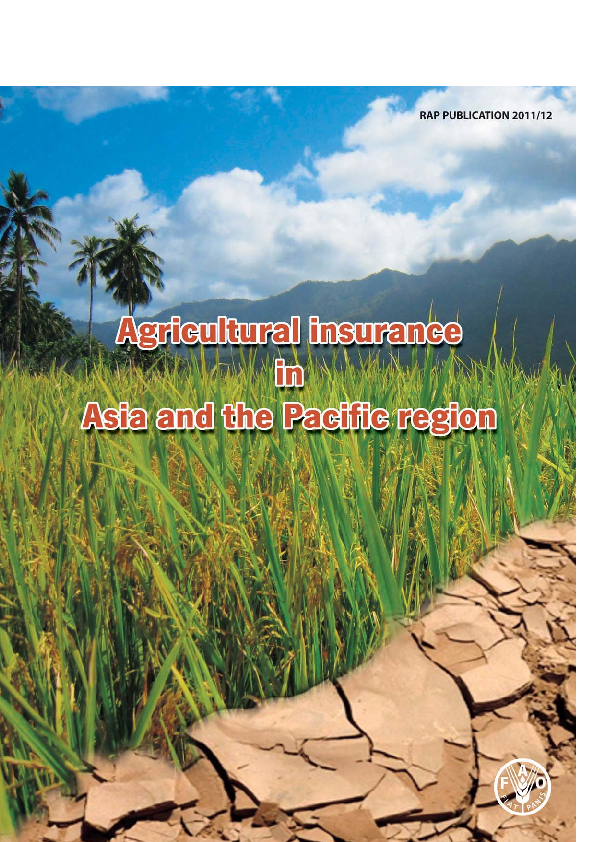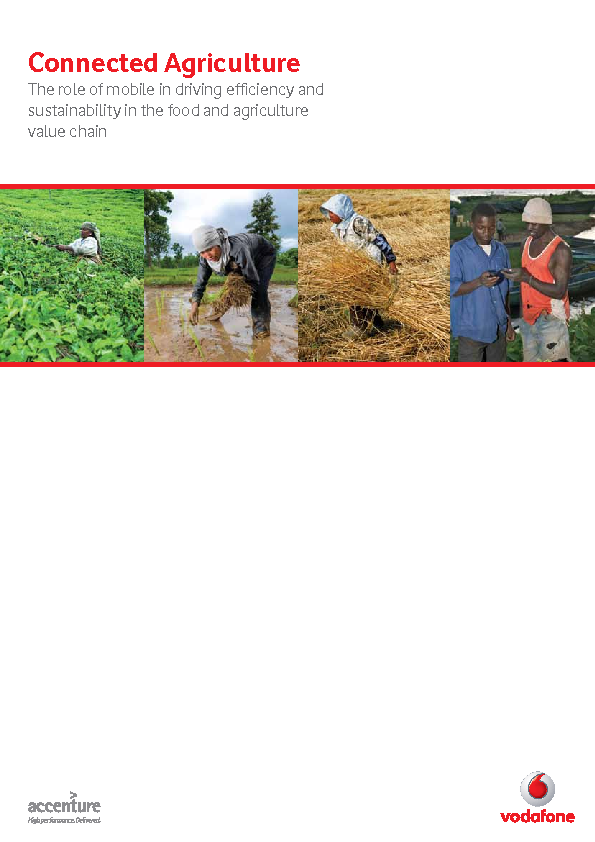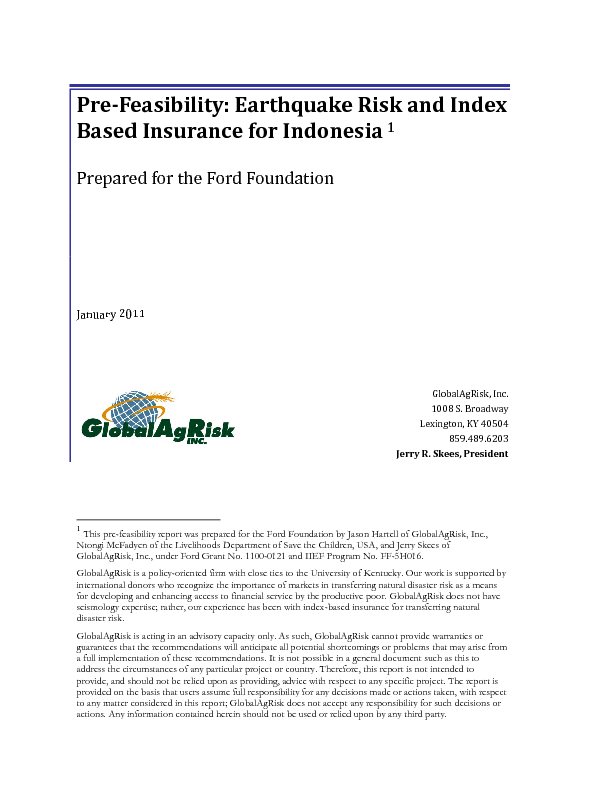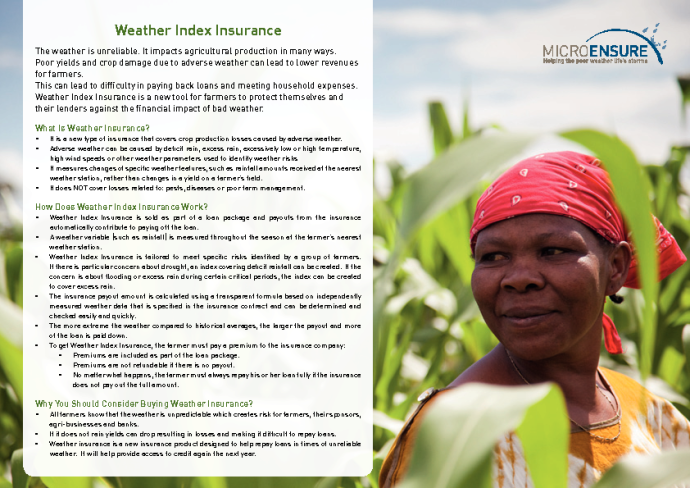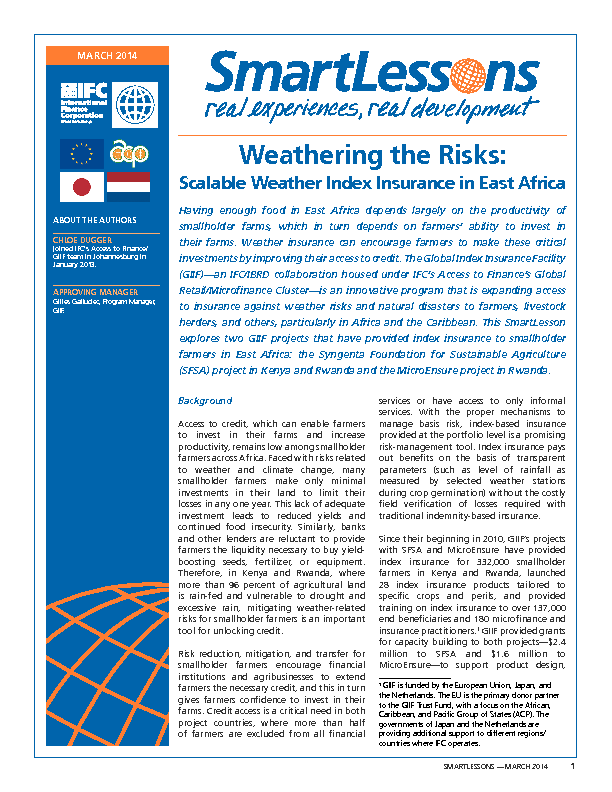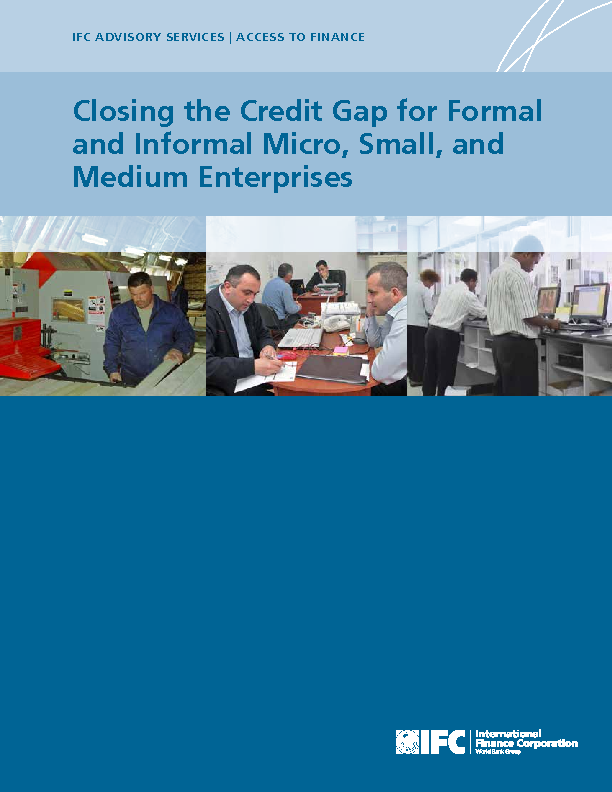
Topics:
Job creation and economic growth through private sector development have become primary areas of focus for policy makers around the world in the aftermath of the global financial crisis. Recent evidence points to the importance of small and medium enterprises (SMEs)1 in providing employment across countries. In addition to employing the largest number of people in aggregate, SMEs generate the most new jobs (Ayyagari et al., 2011). But SMEs also face many challenges in day-to-day operations and to grow. Access to finance is often cited as one of the primary obstacles that affect SMEs

